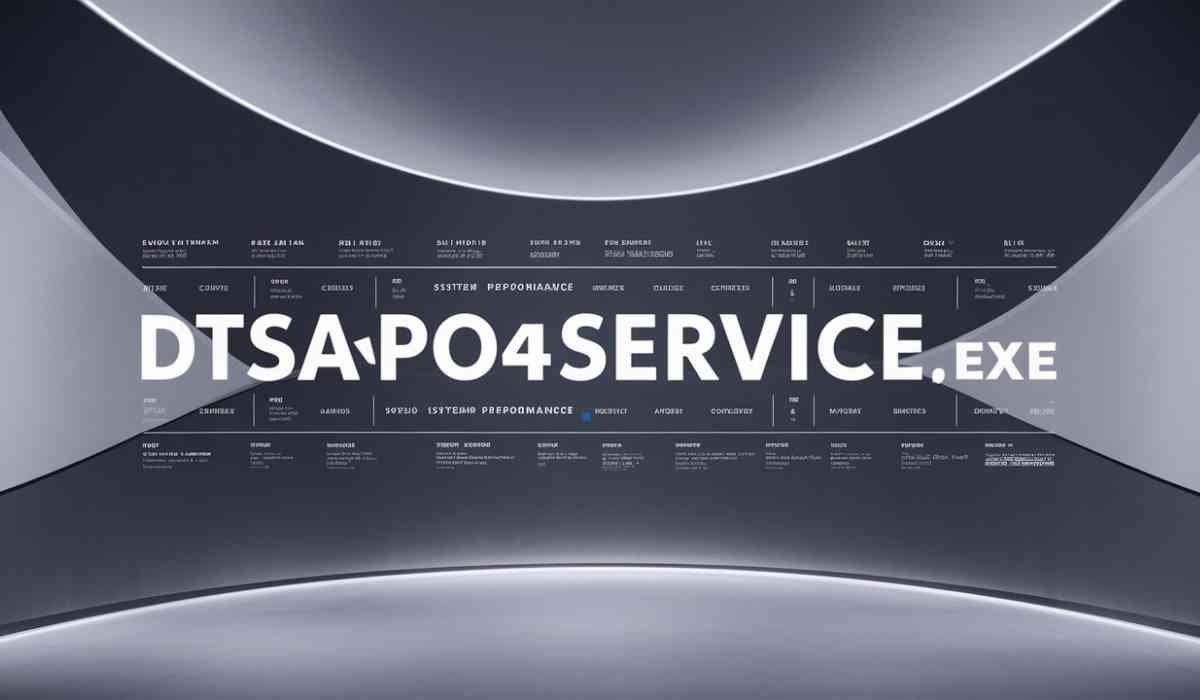If you own a business website, you’ve probably spent time making sure it ranks well on Google. You might have focused on keywords, backlinks, or maybe even technical tweaks behind the scenes.
But there’s a new reality you need to face in 2025: your website can no longer be just a place people visit. It must actively communicate with AI systems—those intelligent assistants like ChatGPT, Gemini, and Claude that millions of customers turn to for quick answers and recommendations.
This means your site must become a dynamic source of clear, trustworthy, and structured information that AI relies on to help users instantly and accurately. In other words, your website needs to learn how to “speak AI.”
Let’s explore why this matters and how you can get started.
The New Customer Conversation Is AI-Driven
Think about your last experience asking Siri or ChatGPT a question. You didn’t browse through a list of websites; you got a direct answer. Today, customers aren’t just visiting sites; they’re having conversations with AI assistants that gather information from many places to give quick, tailored responses.
This changes everything.
Your website isn’t just a digital brochure or a place to read about your company anymore. It’s part of a larger ecosystem where AI agents gather bits of data from all over the web to answer customer questions.
To stay relevant, your website must be ready to communicate with these AI systems. That means providing clear, well-structured, and trustworthy information that AI can easily use to include you in its answers.
Websites as AI Knowledge Hubs, Not Just Info Repositories
The websites of the past were mostly static pages with text and images that changed infrequently. Today, your website needs to become a living knowledge hub.
That means moving beyond simple product descriptions or blog posts. You want to feed AI models rich and granular data: FAQs that answer common questions, detailed product specifications, case studies showing your work, real user reviews, and even release notes highlighting new features.
The key? Transparency and freshness.
AI systems trust authoritative and regularly updated content. So, your website should show that you’re active, engaged, and reliable. This builds confidence, not just in human visitors but also in AI.
AI Agents Demand Context and Clarity
AI assistants don’t just scan for keywords; they need context to give accurate, meaningful answers. That means your website must provide clarity in how it presents information.
Tools like schema markup and semantic metadata aren’t just technical jargon; they’re how you help AI understand your offerings deeply. These tools organize your content so AI can tell what’s a product, what’s a service, what’s a review, and so on.
It’s also important to use clear and unambiguous language. Think of your website as a conversation partner, not just a collection of keywords stuffed into pages.
Comprehensive documentation and well-structured content hierarchy make it easier for AI to find and piece together the information users need.
The Website’s Role in AI-Driven Personalization and Decision-Making
AI doesn’t just find information—it helps personalize recommendations and guide decisions.
When your site is AI-ready, it integrates naturally into AI workflows that tailor answers based on individual needs, preferences, or location. This means the AI can recommend your products or services when they fit perfectly, increasing the chance of conversion.
Being AI-visible also builds trust. Customers tend to rely more on brands that appear consistently in AI-generated answers. This leads to shorter sales cycles and higher customer retention.
In other words, speaking AI isn’t just a technical update—it’s a powerful business advantage.
Overcoming the Invisible Brand Syndrome
Here’s a tough truth: many businesses today are invisible to AI systems. Not because they have bad SEO rankings, but because their data isn’t accessible or structured properly for AI to find and use.
Being invisible in AI-driven ecosystems means missed leads, lost opportunities, and fewer chances to participate in customer conversations happening in real time.
You might have a fantastic website, but if AI models don’t “know” about your latest product, customer testimonials, or blog posts, your brand won’t appear when it matters most.
This “invisible brand syndrome” is something every business must actively fight against.
Practical Steps to Transform Your Website into an AI-Ready Partner
Ready to start speaking AI? Here are some practical steps you can take right now:
- Conduct an AI-Readiness Audit: Check if your website’s data is accessible to AI crawlers and if your content is fresh, complete, and well-structured.
- Implement Advanced Structured Data: Use schema.org and JSON-LD markup to make your content machine-readable and easier for AI to digest.
- Maintain a Dynamic Content Update Process: Regularly add new case studies, product specs, FAQs, and customer testimonials to keep your content current and trustworthy.
- Use AI Visibility Tools: Platforms like Gushwork’s AI Visibility Suite help you monitor where and how your brand appears in AI answers, making optimization easier.
- Collaborate with AI Platforms: Engage with AI content platforms to ensure your data is properly ingested and cited.
Taking these steps will transform your website from a passive information source into an active AI partner.
Looking Ahead At The Website of 2025 and Beyond
What does the future hold for websites in the AI age?
Imagine websites that don’t just wait to be found but actively “talk” to AI agents. They push updates, respond to queries, and adapt content dynamically based on AI’s needs.
Emerging technologies like LLMs.txt—files that tell AI models exactly what parts of your site to read—and AI content feeds will change how websites interact with AI.
Businesses that embrace this transformation early will lead the way in the AI-first economy, capturing attention and trust long before others catch on.
Conclusion: From Passive to Proactive — Make Your Website an AI Ally
The future of online visibility isn’t just about being easy to find. It’s about becoming an active participant in the AI-driven conversations shaping customer decisions.
Your website needs to evolve from a static information repository into a trusted, dynamic knowledge hub that AI systems rely on.
The good news? You don’t have to do it alone. Start your journey today by rethinking how your website fits into the AI ecosystem. Invest in AI visibility strategies and tools designed to keep you ahead.Ready to make your website a trusted partner for AI and secure your spot in the future of digital discovery? Don’t wait for your competitors to take the lead. Get started with Gushwork today and transform your online presence for the AI era.









